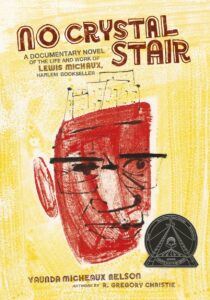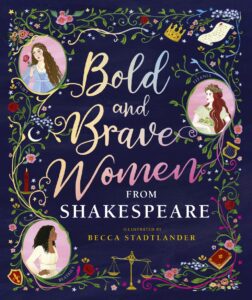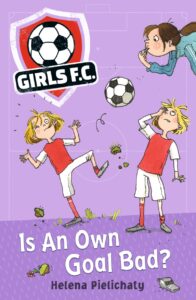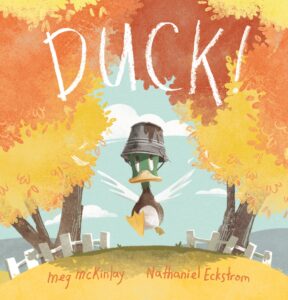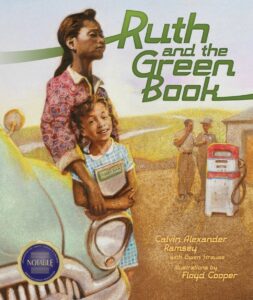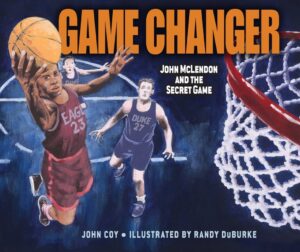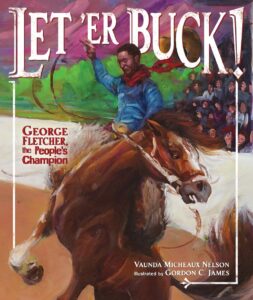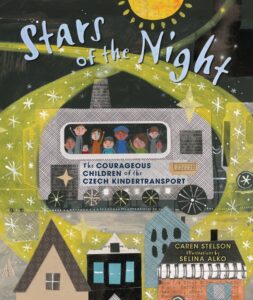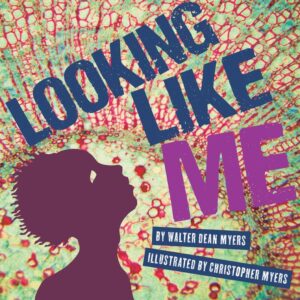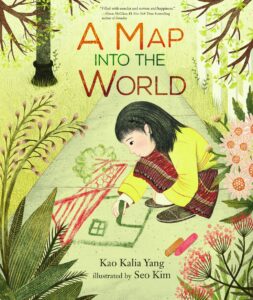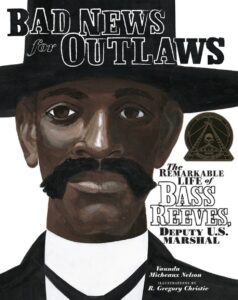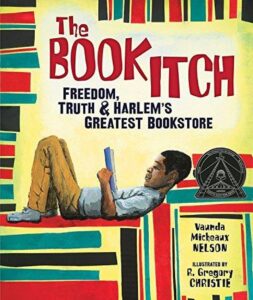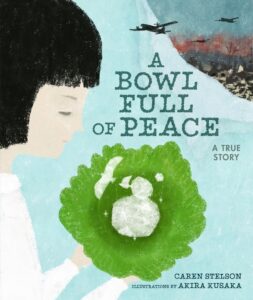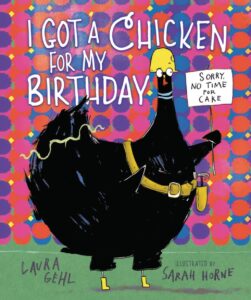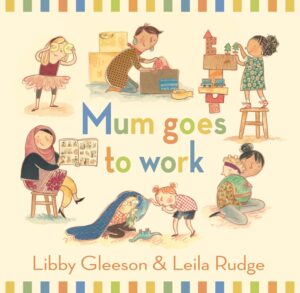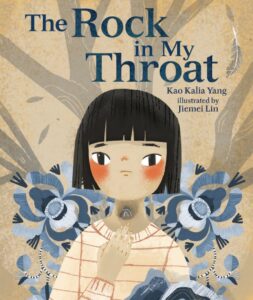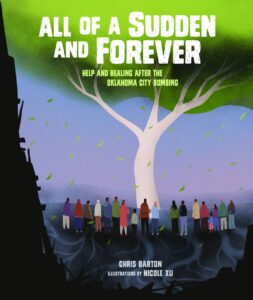Don't Call Me Grandma
Age 9+
Picture Books
Creators
Vaunda Micheaux Nelson is the author of numerous fiction and nonfiction books for children, including Almost to Freedom, which received a 2004 Coretta Scott King Illustrator Honor Award, and No Crystal Stair, which received a 2013 Coretta Scott King Author Honor Award. In addition to writing books, she has also been a teacher, newspaper reporter, bookseller, and children’s librarian. She lives in Rio Rancho, New Mexico.
R. Gregory Christie is an award-winning illustrator of numerous picture books and is a three-time recipient of the Coretta Scott King Illustrator Honor Award for Brothers in Hope: The Story of the Lost Boys of Sudan, Only Passing Through: The Story of Sojourner Truth, and The Palm of My Heart: Poetry by African American Children. His work has also appeared in The New Yorker and on music CD covers. He lives in New York City.
Reviews
Scary grandmas are always called ‘grandMOTHER,’ especially if they are 96-year-old great-grandmothers who have ‘chocolaty brown’ skin and are named Nell and sometimes growl into their mirrors. This little girl’s great-grandmother is glamorous and has wigs, earrings, and ‘bottles and bottles and bottles of perfume.’ Nelson’s young protagonist is mesmerized by her great-grandmother’s rituals, from posing in her bathing suit on the beach to applying ruby red lipstick. Even though her great-grandmother is old, the young girl knows she is ‘not worn out.’ Nell, who never hugs or kisses, still deigns to share beauty tips and stories of long ago. Zunon’s mixed-media illustrations of paper collage, pastel, and watercolor lend warmth to this tender story of an aging dragon of a diva and her great-grandchild. The facial expressions span the emotional gamut from pique to sorrow to haughtiness and are all spot-on. When Nell reminisces, vague watercolor impressions evoke the perfect tone of wistfulness. Black-and-white photo reproductions accompany brief recollections of the civil rights movement. But the sterling moment shines at the very end of the story when the grandchild steals a kiss with no remorse. ‘Even asleep, Great-Grandmother Nell is scary. But I like her that way. I give her a little hug. She smells like peaches. I kiss my grandma. // She won’t know.’ Children will best appreciate this nostalgic journey when accompanied by a doting loved one.
Kirkus Reviews
Not all grandmas are cuddly and sweet—Nelson’s unnamed narrator thinks that her African-American great-grandmother, Nell, can be ‘scary’ and ‘stern.’ But despite Nell’s disgruntled expressions and chilly demeanor, her great-granddaughter has abundant fascination and tenderness for her glamorous relative, who shows her how to apply lipstick and even lets her taste the mysterious brown liquid she sips from a tumbler all day (‘Heart medicine,’ Nells tells her. ‘Broken heart’). Nell’s personality shines through Zunon’s (Poems in the Attic) collage work; an assemblage of civil rights-era photographs and other mementos provide insight into Nell’s past, while abstracted watercolor images depict her distant memories. Nelson (The Book Itch) sensitively conveys the complexity of intergenerational relationships while celebrating a grandmother whose individuality hasn’t diminished one iota over the years.
Publishers Weekly
This book by Nelson is a beautifully illustrated one with a strong reflection of multigenerational connections within families and the manner in which the old teach the younger members of the family through their actions (or lack thereof) and experiences… I appreciated the message of love and accessibility that this book portrays. Through the connection the G-Grandma also learns to slowly open up to her younger g-granddaughter to the point of letting her know of experiences growing up within a very different world that she lived in. She speaks of her broken heart and memories of a world that was not very accepting of African Americans due to the color of their skin. As the g-granddaughter learns to love and accept her g-grandmother and by the final goodbye she learns to appreciate her g-grandmother more and more. The historical connotations of more serious issues of segregation and racism are told in a very approachable manner for younger audiences.
Worlds of Words


